Financial Strategies for Single-Income Buyers
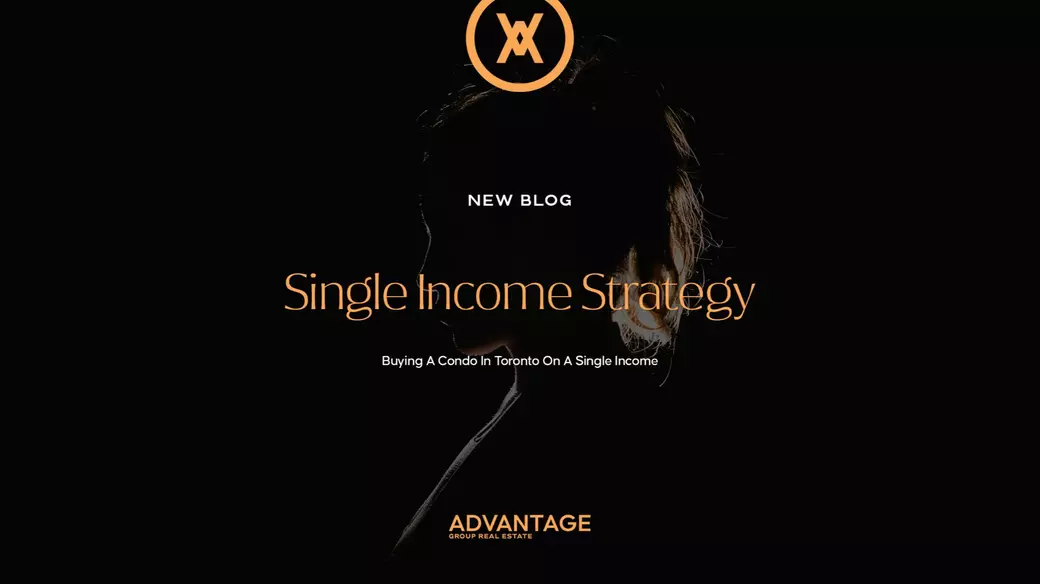
Navigating the Toronto condo market on a single income might sound daunting. Still, recent changes introduced by Deputy Prime Minister and Finance Minister Chrystia Freeland have made the dream of homeownership more attainable. Let's explore the financial landscape of buying a condo in Toronto, where the average price is around $657,150, and how these new government measures can impact your purchasing ability and financial health.

Updated Financial Tools and Policies
The government's new housing affordability measures are set to modify the playing field for first-time homebuyers, particularly those on a single income. These include increased RRSP withdrawal limits and extended mortgage amortization periods for specific buyers, which we'll examine through the lens of purchasing a condo at the average Toronto price.
Optimizing Down Payment with New RRSP Limits
For a condo priced at $657,150, Canadian housing regulations require a minimum down payment of 5% on the first $500,000 and 10% on any amount over $500,000, totalling $40,715. Securing enough for a down payment has traditionally been a barrier for many potential buyers. However, with the RRSP withdrawal limit for first-time buyers increasing from $35,000 to $60,000, you have a greater reservoir to draw your down payment. This adjustment allows for a larger upfront payment, potentially lowering the borrowed amount and the burden of monthly payments.
While this change is beneficial, it's important to note that a down payment below 20% still necessitates purchasing mortgage default insurance. This insurance is necessary as it protects lenders in the event of borrower default but adds a premium to the loan amount.
Benefits of a 20% Down Payment
Achieving a 20% down payment ($131,430) significantly eases long-term financial pressure by circumventing the costly mortgage insurance premium. For comparison, with a 20% down payment, the mortgage required would drop to $525,720. Assuming an interest rate of 3.5% over 25 years, the monthly payment would be around $2,634, compared to $3,209, with a minimum down payment including insurance. This represents a savings of about $575 per month or $6,900 annually.

30-Year Amortization Benefit for First-Time Buyers
A significant policy update extends the mortgage amortization period for first-time homebuyers. Effective August 1, buyers of newly built homes who qualify for an insured mortgage can now stretch their amortization to 30 years—up from the standard 25 years. This extended amortization reduces the monthly mortgage payments by spreading them over a longer period, making the financial management of purchasing a home more feasible on a single income.
Detailed Illustration of Amortization Periods
25-Year Amortization
Down Payment: $40,715
Mortgage Amount: $616,435
Insurance Premium (4%): $24,657
Total Insured Mortgage: $641,092
Interest Rate: 3.5%
Using these figures, the monthly payment for a 25-year amortization at an interest rate of 3.5% would be approximately $3,209. This calculation provides a baseline for understanding how monthly costs are structured under traditional conditions.
30-Year Amortization
Total Insured Mortgage: $641,092 (same as above)
Interest Rate: 3.5%
With a 30-year amortization period, the monthly payments spread out over a longer timeframe, reducing the amount that needs to be paid each month. For the same mortgage of $641,092 at an interest rate of 3.5%, the monthly payment would reduce to approximately $2,878.
Comparative Summary
25-Year Amortization Monthly Payment: $3,209
30-Year Amortization Monthly Payment: $2,878
The extension to a 30-year amortization decreases the monthly payments by about $331, which adds up to nearly $3,972 in savings per year. This reduction improves affordability, allowing for greater financial flexibility, which could be allocated to other living expenses, savings, or investment opportunities.

Budgeting for Condo Ownership
Budgeting effectively for condo ownership now involves leveraging these new measures to maximize financial flexibility and affordability.
Income Requirements: With the new policies, your target income might still need to be in the $120,000 to $140,000 range to comfortably afford all associated costs without exceeding 32% of your gross monthly income in housing costs.
Utilizing the Tax-Free First Home Savings Account: This new account allows Canadians to save up to $8,000 per year tax-free towards a down payment, with a lifetime limit of $40,000. Contributions to these accounts are tax-deductible, and growth is tax-free, optimizing your saving potential.
While the recent government measures introduced by Freeland, such as increased RRSP withdrawal limits and the option for a 30-year amortization, offer significant help for single-income buyers entering the Toronto condo market, it's crucial to recognize both the immediate benefits and long-term implications of these policies.
Understanding the Benefits and Risks
The increased RRSP withdrawal limit, now up to $60,000, can substantially boost your down payment, potentially reducing the size of your mortgage and monthly payments. Similarly, opting for a 30-year amortization period decreases your monthly payments by spreading them over a longer time, making managing monthly expenses easier in the short term.
The Drawbacks of Long-Term Financing
However, these benefits come with drawbacks. Mortgages with extended amortizations accrue more interest over time, significantly increasing the total amount you pay back to the lender. Likewise, while lower monthly payments can free up cash flow, they can also lead you to spend thousands more in interest than a shorter loan term.

Strategic Use of New Policies
To mitigate these drawbacks, consider these measures as initial tools to gain entry into the housing market, not permanent solutions. Once you've secured your property, shift your focus to strategies that can help you reduce your mortgage balance faster:
Make Additional Payments: Use any available financial windfalls—such as bonuses, tax refunds, or other unexpected income—to make additional mortgage payments. Even small, sporadic extra payments can significantly reduce the principal amount and shorten your mortgage term.
Utilize Prepayment Privileges: Many mortgage agreements include options to pay more than the required amount each month or make lump sum payments annually without penalty. Maximizing these privileges can cut down your interest costs dramatically over the life of the loan.
Consider Refinancing: If interest rates drop or your financial situation improves, refinancing can lower your monthly payments, reduce your interest rate, or switch to a mortgage product that better fits your new circumstances.
Long-Term Financial Planning
Adopting a proactive approach to your mortgage can transform what seems like a burden into a benefit. By actively working to pay down your mortgage faster, you save on interest and build equity in your home quickly. This equity can then be leveraged for investment opportunities or as a financial buffer against economic downturns.
Conclusion
With new financial measures, purchasing a condo in Toronto on a single income has become more achievable. Integrating these changes into your financial strategy—whether you opt for a larger initial down payment with RRSP withdrawals, take advantage of extended amortization periods, or utilize the Tax-Free First Home Savings Account—you can set a realistic pathway to homeownership. Careful consideration of your financial options and strategic planning are more vital than ever to make informed decisions that align with your long-term housing and financial goals.
Categories
Recent Posts
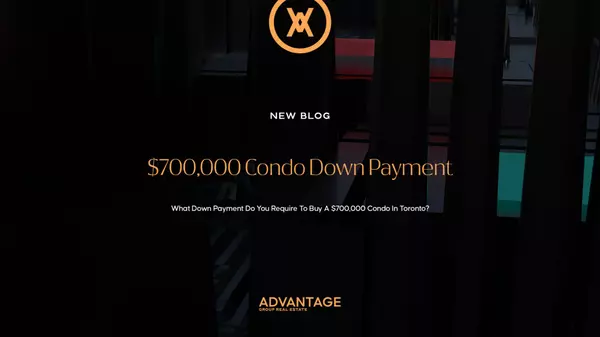

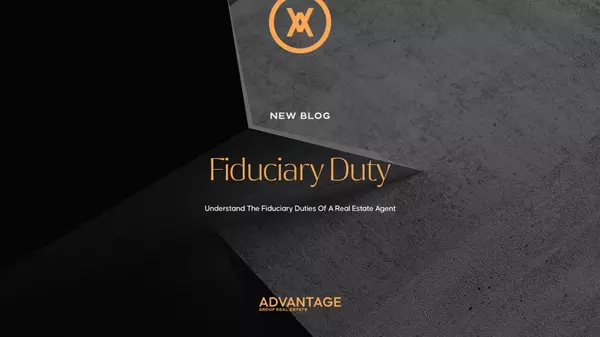



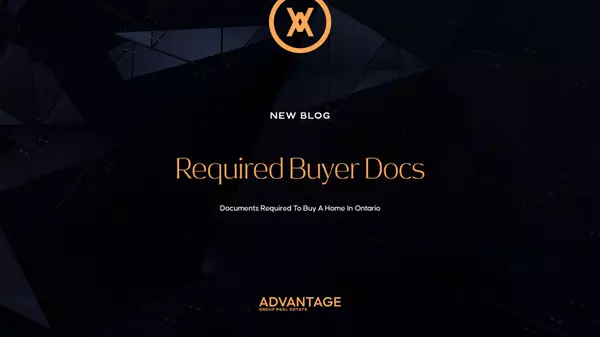


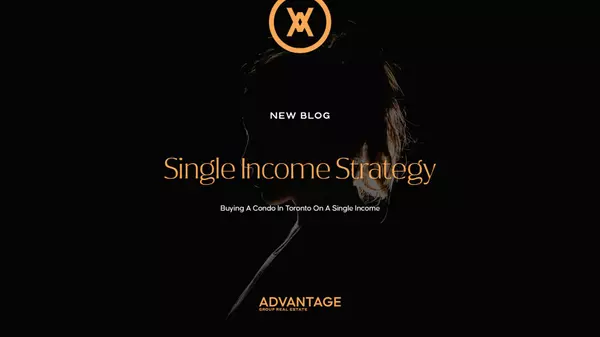

"My job is to find and attract mastery-based agents to the office, protect the culture, and make sure everyone is happy! "

